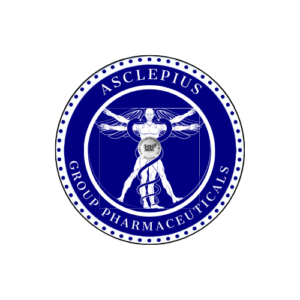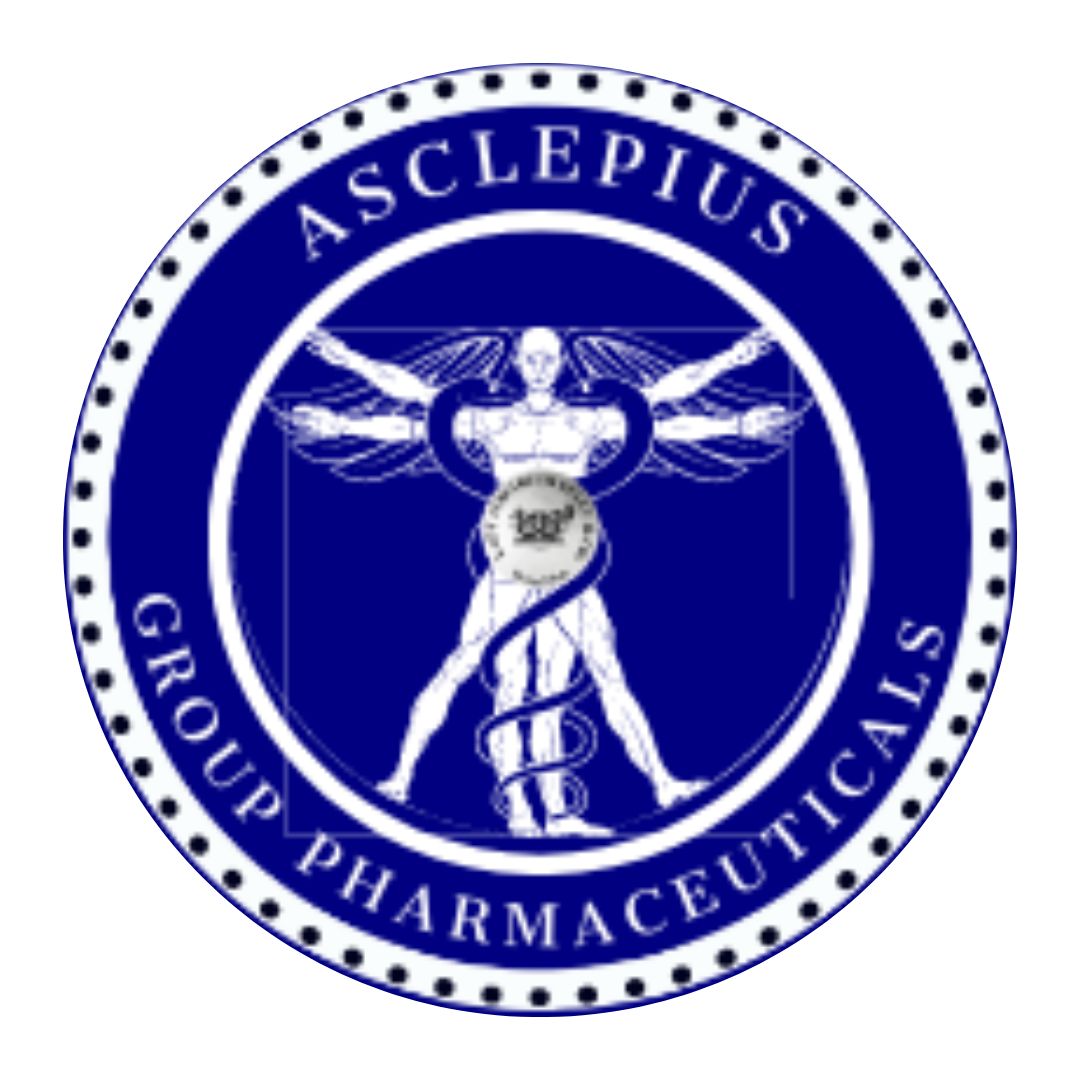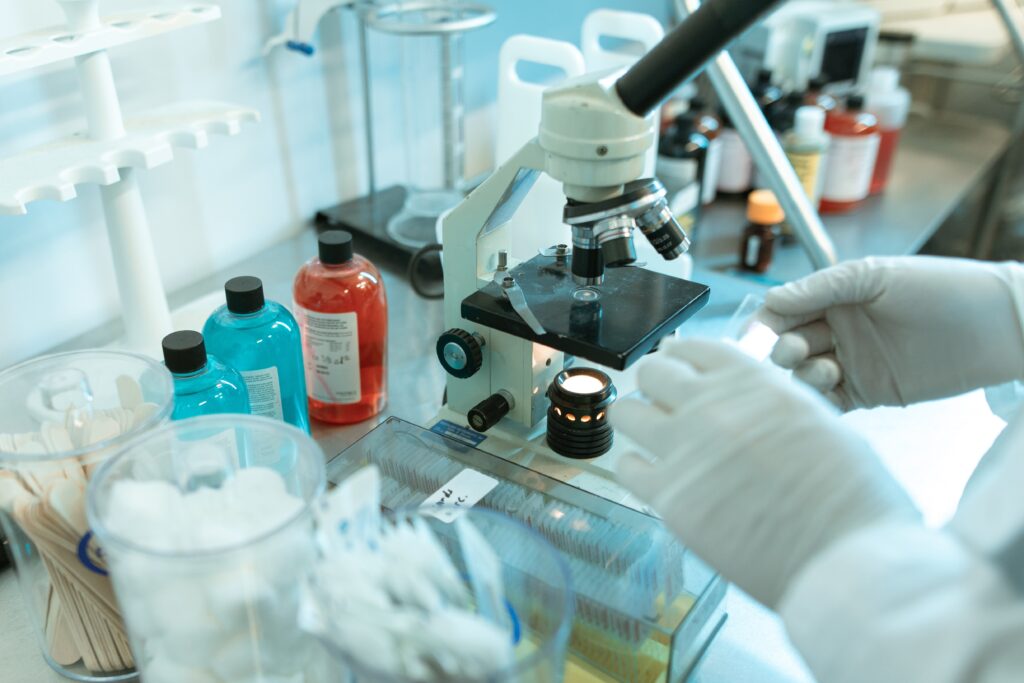- June 2, 2023
- By: admin
- No Comments
The Impact of Technology on Good Manufacturing Practices
Introduction
In today’s rapidly advancing world, technology plays a pivotal role in various industries, including pharmaceutical manufacturing. The continuous evolution of technology has brought about significant improvements in manufacturing processes and compliance with good manufacturing practices (GMP). This article aims to explore the latest technological innovations in the pharmaceutical industry and their profound impact on enhancing manufacturing practices and ensuring adherence to GMP standards.
Evolution of Technology in Pharmaceutical Manufacturing
1. Automation and Robotics
Automation and robotics have revolutionized pharmaceutical manufacturing processes. With the introduction of advanced robotic systems, tasks that were once time-consuming and prone to human error can now be performed with precision and efficiency. Automated systems are capable of handling delicate operations such as drug formulation, packaging, and labeling, ensuring consistent quality throughout the production line. By reducing manual intervention, automation significantly minimizes the risk of contamination and product variability, thus enhancing GMP compliance.
2. Data Analytics and Artificial Intelligence (AI)
The integration of data analytics and artificial intelligence has opened up new avenues for optimizing pharmaceutical manufacturing processes. Through AI algorithms, vast amounts of data can be analyzed in real-time, enabling manufacturers to identify patterns, predict outcomes, and make data-driven decisions. This technology allows for proactive monitoring of manufacturing operations, early detection of anomalies, and rapid response to deviations, ensuring product quality and GMP compliance. Additionally, AI-powered systems can optimize production schedules, minimize downtime, and reduce waste, thereby improving overall operational efficiency.
3. Internet of Things (IoT)
The Internet of Things has transformed the way pharmaceutical manufacturing facilities operate. By connecting various devices and equipment, IoT enables real-time monitoring and control of critical parameters such as temperature, humidity, and pressure. This connectivity ensures that manufacturing processes are closely monitored, deviations are immediately identified, and corrective actions are taken promptly. Furthermore, IoT devices facilitate remote access and data sharing, allowing manufacturers to collaborate seamlessly and share best practices, ultimately contributing to enhanced GMP compliance across the industry.
4. Advanced Process Analytical Technology (PAT)
Process Analytical Technology (PAT) has gained significant traction in the pharmaceutical sector. PAT involves the use of advanced sensors and analytical techniques to monitor and control critical process parameters in real-time. By continuously measuring and analyzing data during manufacturing, PAT enables manufacturers to proactively detect variations, ensure product uniformity, and reduce the risk of defects. This technology enhances GMP compliance by providing a comprehensive understanding of the manufacturing process and enabling timely interventions to maintain quality standards.
The Benefits of Technological Advancements in Pharmaceutical Manufacturing
The integration of technology into pharmaceutical manufacturing processes offers numerous benefits that contribute to improved GMP compliance and overall operational efficiency. Some notable advantages include:
1. Enhanced Product Quality
Technological advancements have significantly improved product quality by minimizing human error and variability. Automation, robotics, and AI-powered systems ensure consistent formulation, precise dosing, and accurate packaging, resulting in products of superior quality. The use of advanced sensors and analytical techniques further enhances quality control, allowing for real-time monitoring and immediate adjustments to maintain product uniformity.
2. Increased Efficiency and Productivity
By automating manual tasks and optimizing production schedules, technology enhances operational efficiency and productivity in pharmaceutical manufacturing. Robotic systems streamline processes, reduce downtime, and improve cycle times, leading to increased throughput and cost savings. The utilization of data analytics and AI allows manufacturers to identify bottlenecks, optimize resource allocation, and streamline workflows, resulting in improved overall efficiency.
3. Regulatory Compliance and Traceability
Compliance with GMP standards is of utmost importance in the pharmaceutical industry. Technology plays a crucial role in ensuring adherence to regulatory requirements and maintaining traceability throughout the manufacturing process. Automated systems, IoT devices, and real-time monitoring capabilities enable pharmaceutical companies to demonstrate compliance and track the entire product lifecycle, from raw materials to finished products. This comprehensive traceability strengthens quality control measures and reinforces trust in the industry.
Asclepius Group Pharmaceuticals: Delivering Excellence in GMP Compliance
One exemplary company that exemplifies the integration of technology and adherence to GMP standards is Asclepius Group Pharmaceuticals. As a leader in the pharmaceutical industry, Asclepius Group Pharmaceuticals has embraced the latest technological advancements to deliver products that consistently meet and exceed GMP requirements.
With a strong commitment to quality and innovation, Asclepius Group Pharmaceuticals has implemented state-of-the-art automation and robotics systems throughout their manufacturing facilities. These advanced systems ensure precise and consistent product formulation, packaging, and labeling, reducing the potential for errors and ensuring compliance with GMP guidelines. By leveraging automation, Asclepius Group Pharmaceuticals maintains stringent control over critical manufacturing processes, guaranteeing the highest standards of product quality.
Furthermore, Asclepius Group Pharmaceuticals utilizes data analytics and AI-powered solutions to optimize their manufacturing operations. Real-time monitoring and predictive analytics enable proactive identification of potential deviations and rapid response to maintain GMP compliance. By harnessing the power of AI, the company continuously improves their manufacturing processes, streamlines workflows, and enhances overall efficiency, resulting in timely delivery of high-quality pharmaceutical products.
Asclepius Group Pharmaceuticals also embraces the Internet of Things (IoT) to ensure robust monitoring and control of critical manufacturing parameters. By leveraging IoT devices, the company maintains real-time visibility into temperature, humidity, and other environmental conditions to prevent variations that could impact product quality. This connectivity enables remote access and data sharing, promoting collaboration within the organization and with external stakeholders, further reinforcing their commitment to GMP compliance.
Through their adoption of advanced process analytical technology (PAT), Asclepius Group Pharmaceuticals achieves a comprehensive understanding of their manufacturing processes. The integration of sophisticated sensors and analytical techniques allows for real-time monitoring of critical process parameters, ensuring consistency and uniformity in their pharmaceutical products. This proactive approach enables early detection of deviations, facilitating timely corrective actions and maintaining compliance with GMP regulations.
In conclusion, technology has had a significant impact on good manufacturing practices in the pharmaceutical industry. Through automation, robotics, data analytics, IoT, and advanced process analytical technology, manufacturers can enhance product quality, increase efficiency, and ensure regulatory compliance. Asclepius Group Pharmaceuticals stands as a testament to the successful integration of technology and GMP compliance, delivering pharmaceutical products of the highest standard. By embracing technological advancements, the pharmaceutical industry as a whole can continue to improve manufacturing practices and ultimately benefit patients worldwide.
To learn more about Asclepius Group Pharmaceuticals and their commitment to GMP compliance, please visit Asclepius Group Pharmaceuticals.


0 Comments
cGxELBztnIQ
XBWQLUdulrCSJ